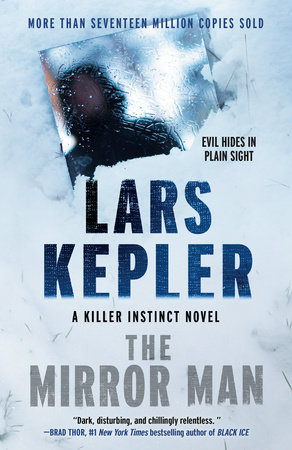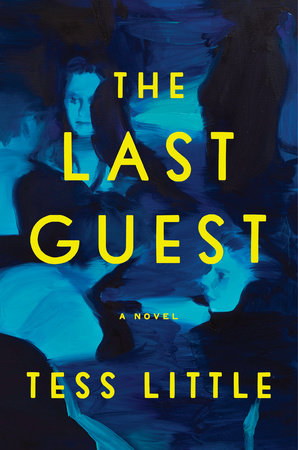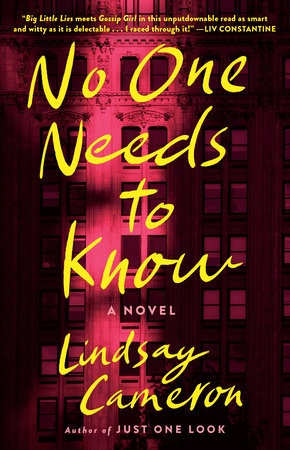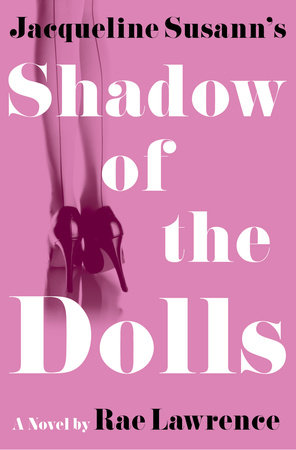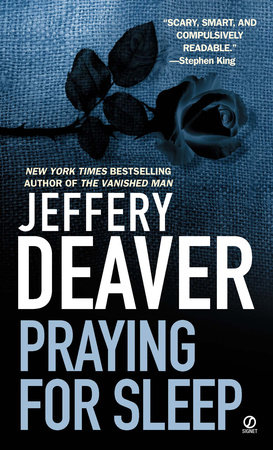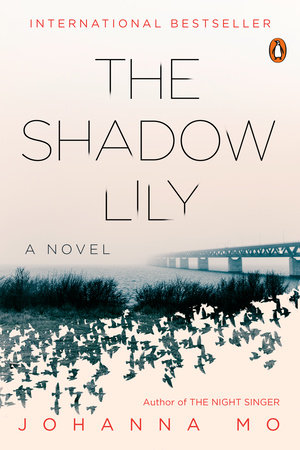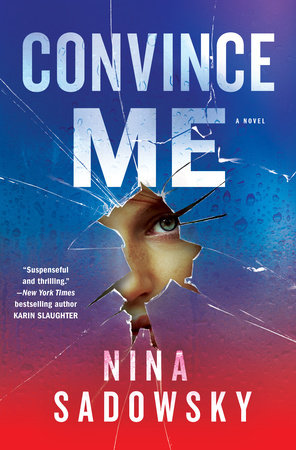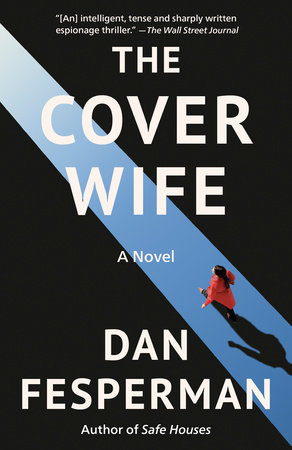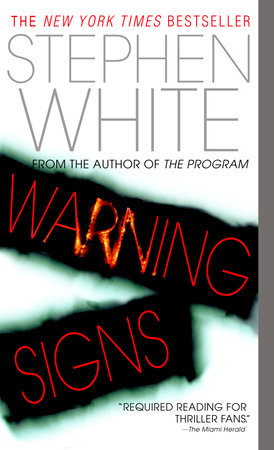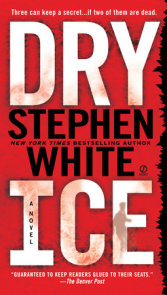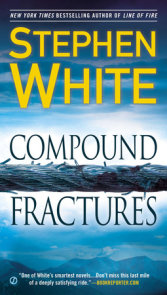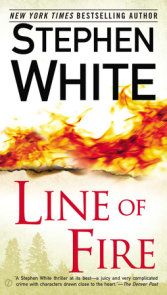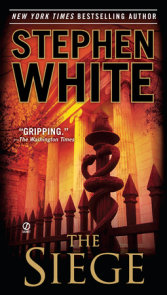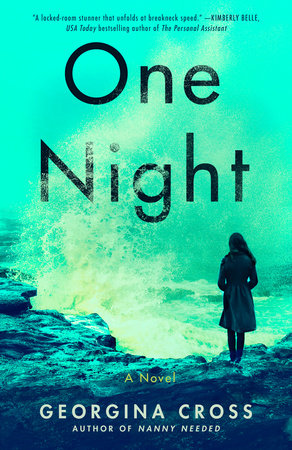Author Q&A
In Warning Signs, Alan Gregory once again deals with the problem of client confidentiality versus the safety of others. He becomes convinced that a crime is going to be committed after spending time with a new patient. What made you decide to give him this dilemma?
Bankers deal with money, politicians with power. Psychologists deal with people, and their secrets. The choice I made, over a decade ago, to write a book about a clinical psychologist has provided many story limitations as the series has developed, but it has also provided a field rich with moral dilemmas. One of those dilemmas has to do with the ongoing question of confidentiality. When is the inviolate not inviolate? When does the public good exceed the private need?
The question doesn’t have a single answer, and I don’t pretend to put it to rest with Warning Signs, but I think it’s a question worth pondering, and a dilemma worth examining from as many angles as possible. The events that have taken place in the world in the year since I finished the book underscore the reality that confronting this dilemma – when do you really know enough to abolish a trust? – isn’t an issue faced only by mental health professionals.
You have said on the site’s message board that there is an underlying allegory in this story – about our reluctance as a society to see danger that might be lurking under our noses (thus the title.) And it’s about the terrible consequences that are possible when people convince themselves that the injustice they’ve suffered can’t be remedied. Do you think it is important that your novels reflect what is happening in our society and current events?
I don’t develop stories in order to make points. Instead, I write about what interests me, what captivates me, and what makes me passionate. I’m no longer surprised that the stories I write do end up saying something about crucial issues in society – I do, after all, pay close attention to the world – but that isn’t the intent going in. The intent going in is to entertain, to make my passion contagious to the reader.
I adore developing situations where characters are faced with critical moral dilemmas, and that’s especially true when the dilemma feels universal, when the reader can’t help but ask the question "Dear God, what would I do?" Although I never anticipated the events of September, 2001, the underlying themes in Warning Signs feel even more contemporary than they did when I wrote them.
Did the Columbine high school tragedy inspire you to write this book?
Yes and no. I never would have told this particularly story if Columbine hadn’t happened, but I think I would have told a story like this either way. The issues are larger and more enduring than Columbine.
In Warning Signs, Alan and Lauren now have a baby girl. The book begins to show their experience with the joys and the fears of parenthood. In contrast, you also show the parenthood experience of Naomi Bigg, Alan’s patient, who has suspicions about her own son. What are you trying to say about parenthood in this book?
Nothing in particular. One of my personal philosophies is that success in life is all about being able to hit curveballs. That is, perhaps, more true for parents than it is for anyone else. Whatever challenges kids don’t throw at parents, life throws at parents. The characters in the story are doing what parents do every day. My job is to make it all interesting.
Alan, Lauren Crowder, Sam Purdy, and Lucy Tanner are all caught up in the conflict in this story. Do you like to create a plot line that tests their relationships with each other?
Conflict is the heart of fiction. Without conflict, the blood doesn’t pump, and if the blood doesn’t pump, the pages don’t get turned. Without conflict, nobody grows, nobody changes. So, yes, I endeavor to create situations that produce tension between characters. One of the wonders of the novel form, as opposed to film, for instance, is the novel’s capacity to represent the inner struggle as characters deal with conflict. I try to take advantage of that as much as is possible.
Warning Signs is your tenth novel. How do you feel about the journey your characters, especially Alan Gregory, have taken over the course of the 10 books?
I honestly try not to think about it. But if you insist, I’d admit that from my point of view (which is far from objective) Alan’s arc has developed in a way that has made him less confident, less rigid, more sardonic, much more vulnerable, and hopefully, more interesting.
What do you plan to write next?
This is an easy question, because I’ve already written what’s next. Although untitled, book eleven is complete. Without revealing too much, the heart of the story has to do with what happens after Alan begins treating a man who has just been released from death row after DNA testing undermined the evidence that led to his conviction for murder. That’s where it starts. That’s not where it ends up.



